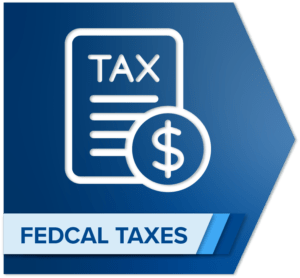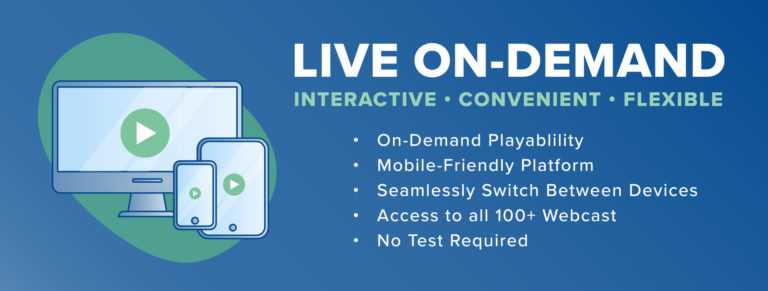
Guest Post: IRS Updates Employment Deferral FAQs
Article at a Glance:
- IRS updates deferral FAQs for employers and the self-employed.
- What deposits and payments of employment taxes are employers entitled to defer?
- How does an employer defer the employer’s share of Social Security tax?
- What is the period for which employers can defer deposit and payment of the employer’s Social Security tax share?
- Are self-employed individuals eligible to defer payment of self-employment tax imposed on net earnings from self-employment income?
- Will the IRS issue reminder notices to taxpayers reflecting the total amount of deferred taxes and the payment due dates?
In case you hadn’t heard, the IRS recently updated the FAQs on the deferral of employment tax deposits and payments. The updated FAQs provide guidance to employers and self-employed individuals for applying the provisions of the CARES Act.
What deposits and payments of employment taxes are employers entitled to defer?
Under Section 2302 of the CARES Act, all employers can defer the deposit and payment of the employer’s share of the Social Security tax imposed on wages for the payroll tax deferral period of March 27, 2020, to December 31, 2020. The deferral amount must be deposited by the applicable dates of December 31, 2021, and December 2022 to be treated as timely and avoid penalties. One half of the deferral amount is due on December 31, 2021, and the other half is due on December 31, 2022.
How does an employer defer the employer’s share of Social Security tax?
The employer’s share of the Social Security tax is deferred by reducing the required deposit or payment for the calendar quarter or employment tax return period. The maximum amount reduced equals the employer’s share of the Social Security tax for the period that falls within the payroll tax deferral period. The reduction does not need to be applied evenly. For example, if in the third quarter there is a possible deferral amount of $20,000, no reduction has occurred, and one more deposit of $20,000 remains for the quarter. The entire deferral amount of $20,000 may be applied against the remaining deposit.
What is the period for which employers can defer deposit and payment of the employer’s share of Social Security tax without incurring failure to deposit and/or failure to pay penalties?
Employers can not defer their share of Social Security taxes for the liability imposed on wages and for which the tax deposit was originally due before March 27, 2020. The only amount employers can defer is their share of Social Security tax required to be deposited or was for payment due on wages paid for the payroll tax deferral period of March 27, 2020, through December 31, 2020. Also, the balance due with the filing of a payroll tax return can not be deferred if the amount is a deposit due or payment of the tax imposed on wages not paid from March 27, 2020, through December 31, 2020.
Are self-employed individuals eligible to defer payment of self-employment tax imposed on net earnings from self-employment income?
Self-employed individuals can defer one-half of the Social Security taxes imposed on net earnings from self-employment income for the payroll tax deferral period. Any “reasonable method” can be used for allocating the annual net earnings from self-employment to the payroll tax deferral period. For example, a self-employed individual may allocate 23% of the annual net earnings to the period of January 1, 2020, to March 26, 2020, and the remainder of 77% to the period of March 27, 2020, to December 31, 2020. The deferral payment amounts must be paid by the applicable dates.
Will the IRS issue reminder notices to taxpayers reflecting the total amount of deferred taxes and the payment due dates?
Employers should receive notices of the amounts due before the applicable due dates of December 31, 2021, and December 31, 2022. The IRS will send as many notices as the number of quarters that employers deferred amounts. For example, an employer filing Form 941 will receive four notices when deferring amounts for all four quarters.
2020-2021 Federal & California Tax Update
Coming Early Fall 2020 | Pre-Order Now
- Instructor: Sharon Kreider, CPA & Karen Brosi, CFP, EA
- Credits: 8
- NASBA Category: Taxes FEDCAL



